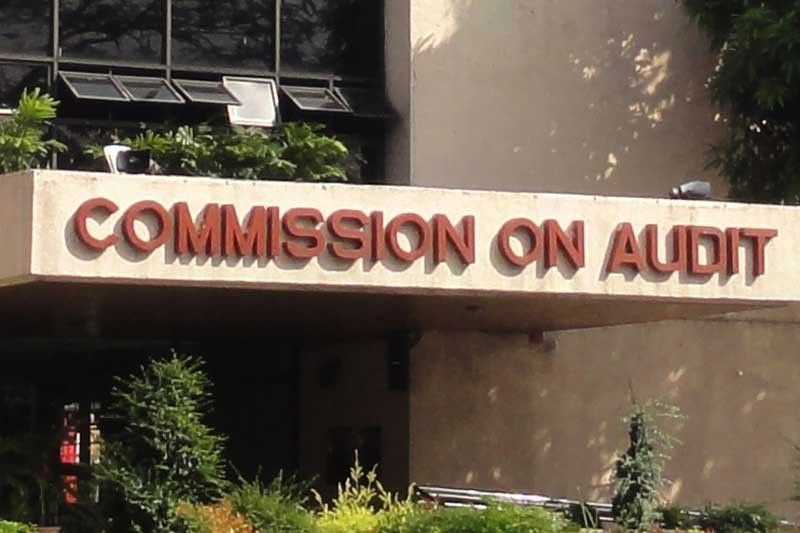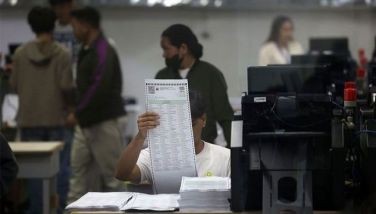COA vows continuous audit of COVID-19 expenses

MANILA, Philippines — The Commission on Audit (COA) has vowed that there will be no letup in the audit trail of government expenses in connection with the response to the coronavirus disease 2019 (COVID-19) pandemic.
Speaking before more than 300 state auditors during an online seminar last July 9, COA Commissioner Roland Pondoc stressed the need to ensure “transparency and accountability” in government expenses without causing a “bottleneck” in its response to the pandemic.
“There will be adjustments in our normal audit practices and I hope we will be able to identify the important points that we need to consider to continue our functions and roles as employees of COA,” Pondoc told the 344 participants of the seminar organized by the COA Regional Office IX.
“We need to transition through unique challenges to ensure continued transparency and accountability without becoming a bottleneck,” he added.
Pondoc stressed that the audit of government procurements must align with the actions that it had undertaken during the pandemic.
Based on the Department of Budget and Management’s own report as of May 28, a total of P353.86 billion, sourced from the national budget for the current and previous years, has already been released for the government’s COVID-19 response.
This is on top of foreign loans, grants and treasury bond issuances totaling $7.76 billion or P386.6 billion, still in connection with government’s response to the pandemic, based on data from the Department of Finance as of July 1.
Pondoc said that now more than ever, state auditors must be diligent in their work as a World Bank study of several audit institutions of various countries that have experienced past epidemics showed that “the risk of fraud is always present but is elevated during emergency cases.”
Pondoc advised the state auditors to take advantage of digital audit technology to continue their operations without putting their health and safety at risk.
Pondoc said continuous audit trails on COVID-19 expenses can be achieved through regular “monitoring, documenting and analyzing of government responses” and “maintaining effective communication with key stakeholders.”
Pondoc also emphasized the need for coordination with the accountable government agencies.
As for the post-emergency stage, Pondoc said state auditors must be prepared for a meticulous audit of the government’s high-priority programs such as social amelioration, stimulus packages and distribution of medical and food supplies.
Pondoc said audit teams must anticipate challenges such as “missing audit trails, limited access to data and onsite physical verification” and come up with alternate procedures or solutions.
In the end, Pondoc said government auditors must balance the need “to give a strong message that people’s money will be watched closely and that the agency (COA) stands ready to make sure that as a nation, we heal and recover as one.”
Meanwhile, the Philippines has launched an online fundraising campaign to help conservation frontliners affected by the pandemic.
The campaign is led by the Biodiversity Finance Initiative (BIOFIN) project in the Philippines, with support from the United Nations Development Program (UNDP), and the Department of Environment and Natural Resources through its Mimaropa Regional Office, and the Biodiversity Management Bureau.
Dedicated rangers and wardens of the Mounts Iglit-Baco Natural Park (MIBNP) and Tamaraw Conservation Programme (TCP) have been conserving the tamaraw – the world’s rarest and most endangered buffalo species – for decades.
Sadly, TCP head Neil Anthony del Mundo said, one of the 24 TCP rangers together with 32 of the 35 Taw’buid Mangyan wardens who patrol the area to deter tamaraw hunters and poachers, have lost their jobs due to the MINBP’s closure following community quarantine measures. – Rhodina Villanueva
- Latest
- Trending































